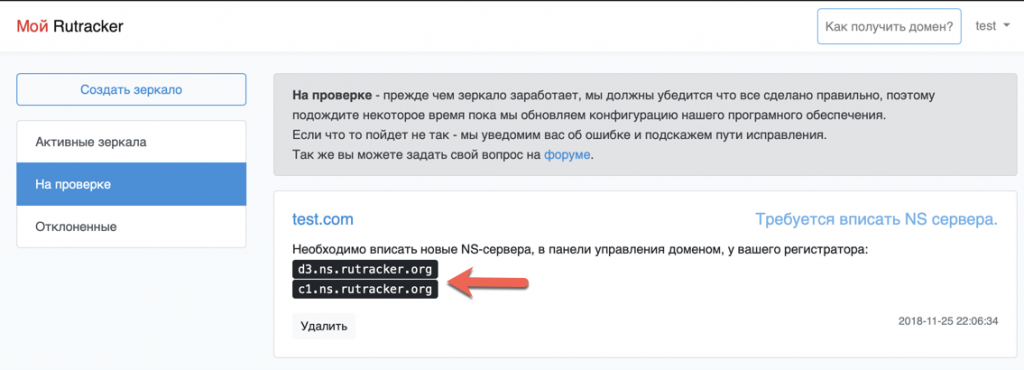Major Russian right holders, holding rights in audio-visual works, and Yandex have signed anti-piracy memorandum, the agreement aiming to delete links or pirate web-sites from search results. In order to execute this memo Yandex have developed its own bot – special software searching for illegal sources of right holders’ content. The bot is not only means of memo execution, but the main, and right holders, who signed this memo, are dissatisfied on its work.
Comments closed
